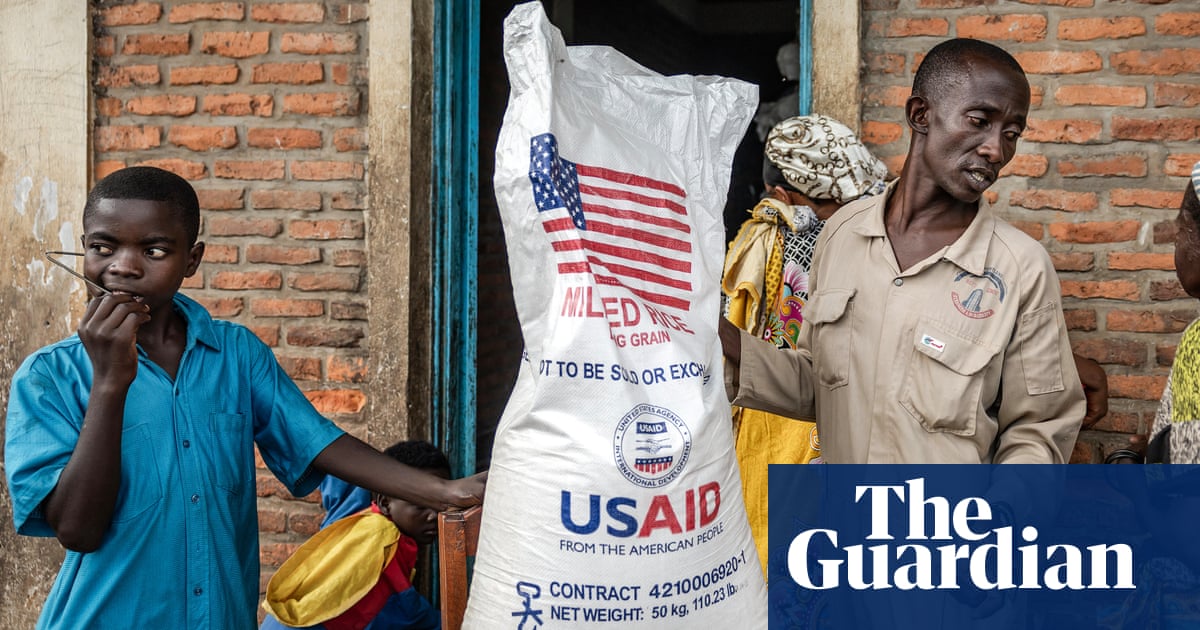A Transformative Shift: The Trump Administration’s Abolishment of USAID Overseas Positions
In a dramatic move that signals a significant shift in U.S. foreign relations and aid strategy, the Trump administration announced the elimination of all overseas positions of the United States Agency for International Development (USAID) by September 30. This sweeping overhaul, captured in a State Department cable obtained by The Guardian, reveals a plan to transfer control of foreign assistance programs directly to the State Department, marking an unprecedented restructuring of how the U.S. engages with the world.
The Directive: Transitioning Control to State
Secretary of State Marco Rubio’s directive effectively dissolves USAID’s international workforce, impacting thousands of staff, including foreign service officers and contractors, across more than 100 countries. Chiefs of mission at U.S. embassies have been instructed to prepare for these substantial changes, which are set to unfold over the next four months. The cable states straightforwardly, “The Department of State is streamlining procedures under National Security Decision Directive 38 to abolish all USAID overseas positions.”
The ramifications of this decision are far-reaching, as USAID has long been the backbone of U.S. foreign aid, focusing on development projects, humanitarian assistance, and crisis response. This shift threatens to disrupt established programs and relationships built over decades in a plethora of nations.
Background: A Preceding Purge
This announcement follows a series of cuts initiated shortly after Donald Trump took office, where 83% of USAID’s programs were eliminated in a rapid purge aimed at government efficiency. Rubio had previously revealed that approximately 5,200 out of 6,200 programs worldwide were terminated, with what remained being absorbed into the State Department framework. These drastic measures underscore a broader objective to re-evaluate and reduce U.S. foreign aid commitments, a key tenet of Trump’s administration.
Executives and Internal Warnings
The closure of USAID comes in the wake of an executive order signed on Trump’s first day back in the White House, freezing foreign assistance pending a review. Although a waiver was later announced for humanitarian assistance, the disappearance of USAID’s website on February 1 raised eyebrows about the agency’s future. Staff received an alarming email shortly after, instructing them not to return to work, coinciding with reports of server removals and drastic leadership changes.
In a startling twist, Rubio declared himself the acting administrator of the agency following the sudden lockout of its Washington headquarters staff. This chaotic transition raises numerous concerns about the future of USAID’s successful initiatives and the effectiveness of their absorption into the State Department.
Public Sentiment and Controversial Comments
The announcement and subsequent actions drew widespread attention, partly due to comments made by Elon Musk, who, during the cuts, publicly reveled in the dismantling of USAID. He made inflammatory claims regarding the nature of its programs, including a fabricated assertion about funding a $50 million project for providing condoms in Gaza. Such statements contributed to a politically charged atmosphere around the agency’s fate, intensifying scrutiny from various stakeholders.
The Human Impact of Cuts
Major alarm bells were raised internally, with senior officials warning Rubio of the dire consequences the cuts could inflict. An internal memo outlined grave predictions: the potential untreated malnutrition of 1 million children, 160,000 deaths from malaria, and 200,000 additional children affected by polio over the next decade. These projections starkly highlight the human cost associated with the elimination of programs that have provided life-saving aid and assistance.
Destruction of Classified Material
As the agency’s operations began to wind down, a disturbing directive was issued to remaining officials, urging them to destroy classified documents. An email from the acting secretary of USAID instructed staff to use shredders and “burn bags” to eliminate sensitive materials. This indicates a worrying trend toward secrecy and the potential loss of valuable institutional knowledge that has been built over years of foreign aid operations.
Looking Ahead
The restructuring of USAID and reallocation of its responsibilities represent more than just administrative changes; they signify a radical departure from established norms in U.S. international aid. As the administration moves forward with these changes, the implications for global humanitarian efforts and the U.S.’s role on the world stage remain to be seen.


